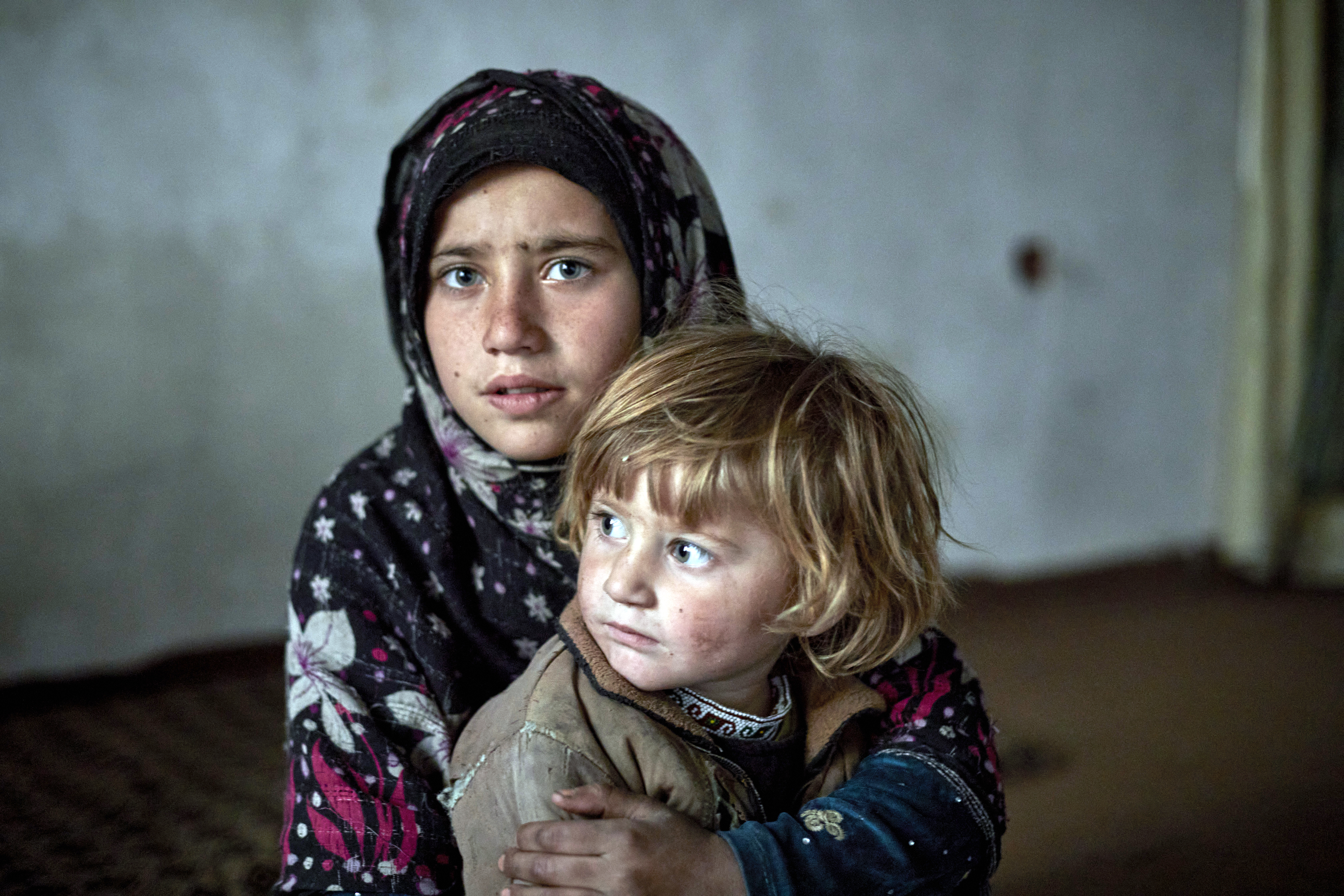UNHCR and partners lobby for joint European resettlement scheme
UNHCR and partners lobby for joint European resettlement scheme

BRUSSELS, Belgium, May 17 (UNHCR) - UNHCR's joint bid to get European countries to adopt a common resettlement programme for refugees has gathered momentum this month with a wide cross-section of parliamentarians calling for a significant increase in the number of refugees resettled to the EU.
The show of support came during a meeting last Wednesday in the European Parliament to mark an "Awareness Day on Refugees and Resettlement." The debate also showed that most Euro MPs are more influenced by personal encounters with those in need of protection than by figures.
UNHCR's Vincent Cochetel, noting that resettlement was about "saving people whom we cannot protect where they are," told the meeting participants that files on 128,000 people were submitted by UNHCR to resettlement countries last year.
Some 84,000 of them were accepted by 26 countries, said Cochetel, who heads UNHCR's resettlement service. But only 6,800 were offered a new start in European countries, compared to 62,000 accepted by the United States.
The refugee agency estimates that up to 750,000 refugees will be in need of resettlement over the next couple of years in the absence of possibilities to settle in their first country of asylum or to return home safely. This represents about 6 per cent of the world's refugee population.
Several participants at Wednesday's meeting said their support for resettlement in Europe had been strengthened after listening to testimony from refugees or meeting them during fact-finding missions to host countries.
Rui Tavares, an independent Euro MP from Portugal, described a field mission to meet Iraqi and Palestinian refugees in Syria this year as a "journey of hope." Meanwhile, Akoi Bazzie, a former Liberian refugee who has been helping refugees since being resettled to the United Kingdom in 2004, told the meeting: "What they want most is to return to society what it gave to them."
The European Commission (EC) earlier this year proposed a joint EU resettlement programme. Although participation will still be voluntary, it could step up the momentum in resettlement. The European Parliament's Committee on Civilian Liberties, Justice and Home Affairs is recommending that a permanent resettlement unit be created within the EC and that the Commission's financial support for resettlement be increased.
The Euro MPs taking part in last week's meeting agreed that it was necessary for EU member states to approach resettlement jointly and based on common criteria. They also agreed that the successful integration of resettled refugees depended on the active participation of the local population and officials.
UNHCR has been lobbying for a common EU resettlement programme for years and Cochetel said he was encouraged at the increasing willingness of member states to accept refugees who cannot return to their home countries or safely settle elsewhere. But he added that "what is still missing is a unified strategic approach."
The EU has been examining resettlement as a protection tool for the past six years. UNHCR, along with the International Organization for Migration (IOM) and other partners, has facilitated these discussions at meetings around Europe and lobbied for a comprehensive and joint policy and for more resettlement places. UNHCR has also organized fact-finding missions for Euro MPs so they could meet vulnerable refugees and assess their situation first hand.
Following an EU fact-finding mission to Syria, EU member states in 2008 agreed to resettle up to 10,000 refugees from Iraq. That same year an Emergency Transit Centre was opened in Romania for urgent resettlement cases.
By Melita H. Sunjic in Brussels, Belgium








